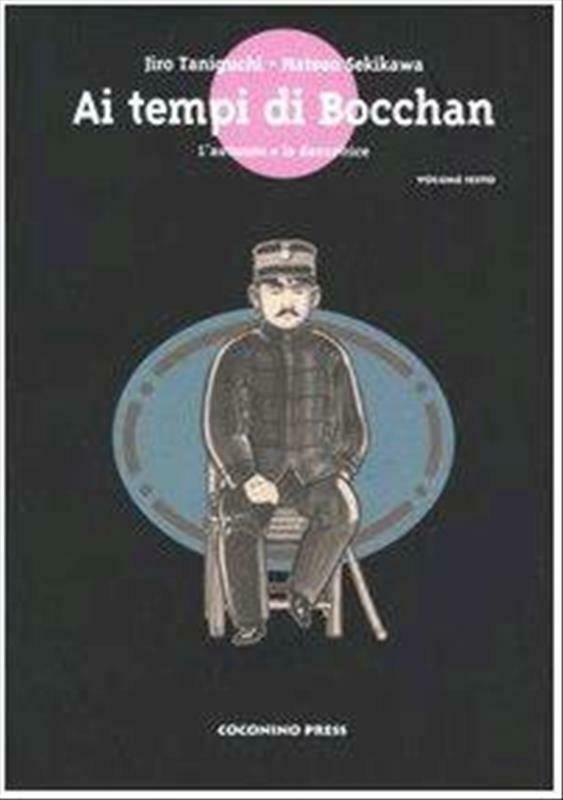
Part of Series
Authors

Name (in native language): 谷口 ジロー Zodiac: Leo He began to work as assistant of the late mangaka Kyota Ishikawa. He made his manga debut in 1970 with Kareta Heya (A Desiccated Summer), published in the magazine Young Comic. From 1976 to 1979, he created several hard-boiled comics with the scenarist Natsuo Sekigawa, such as City Without Defense, The Wind of the West is White and Lindo 3. From 1984 to 1991, Tanigushi and Natsuo Sekigawa produced the trilogy Bocchan No Jidai. In the 1990s, he came up with several albums, among which Aruku Hito (歩くひと), Chichi no koyomi (The Almanac of My Father), and Keyaki no ki. In 2001, he created the Icare (Icaro) series on texts by Mœbius. Jirô Taniguchi gained several prizes for his work. Among others, the Osamu Tezuka Culture Award (1998) for the trilogy Bocchan No Jidai, the Shogakukan prize with Inu wo Kau, and in 2003, the Alph'Art of the best scenario at the Angoulême International Comics Festival (France) for Harukana Machi-E. His work has been translated in many languages. Far from the violent storylines often associated with the manga, Taniguchi has developed a very personal style, more adult. Along with other writers, like Tsukasa Hōjō, his comics focus more on the Japanese society and culture, with a subtle analysis of its customs and habits.
![The Times of Botchan / 「坊っちゃん」の時代 [Botchan no jidai] book cover 1](https://images-na.ssl-images-amazon.com/images/S/compressed.photo.goodreads.com/books/1275955348i/2231466.jpg)
![The Times of Botchan / 「坊っちゃん」の時代 [Botchan no jidai] book cover 2](https://images-na.ssl-images-amazon.com/images/S/compressed.photo.goodreads.com/books/1372999559i/10539070.jpg)
![The Times of Botchan / 「坊っちゃん」の時代 [Botchan no jidai] book cover 3](https://images-na.ssl-images-amazon.com/images/S/compressed.photo.goodreads.com/books/1372999313i/10539124.jpg)